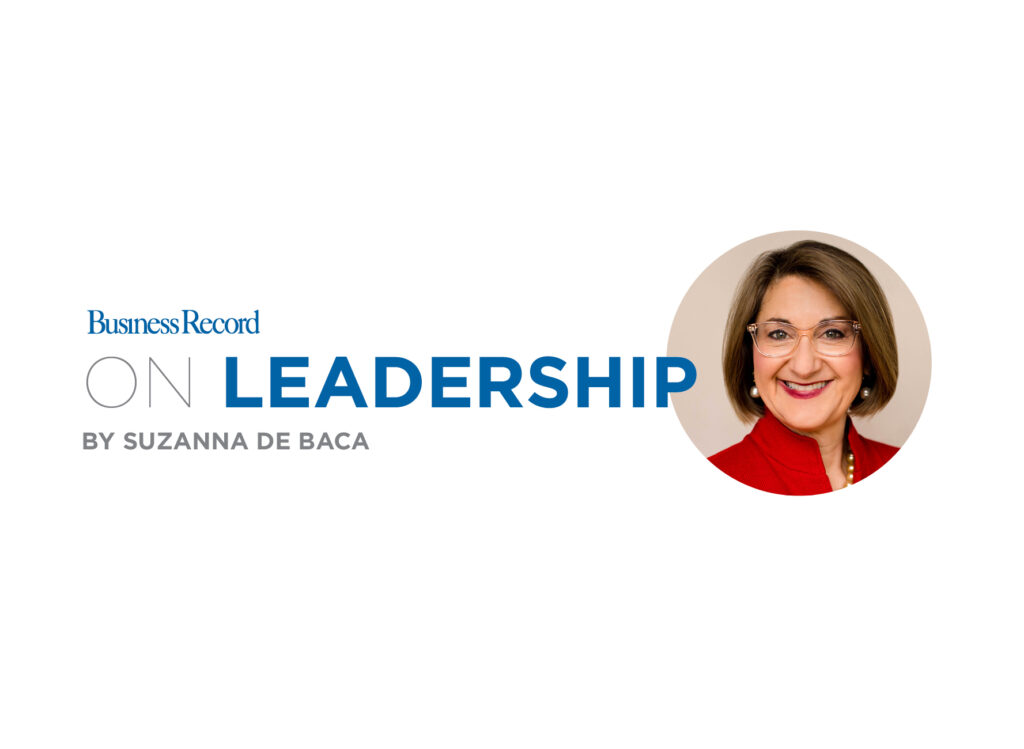GUEST OPINION: Credit union bill will increase deficits, not lending

The credit union lobby is at it again. They, and a small band of large bank-like credit unions, are promoting legislation to expand their tax subsidy to large commercial loans. The result would be higher taxes for everyone else.
In 2011, the credit union income tax exemption resulted in $35 million in forgone taxes in Iowa alone. Their legislation in the U.S. Congress will likely increase the size of the tax preference nationally by as much as $350 million, according to the Congressional Budget Office. It seems a bit disingenuous to call for greater taxpayer support at a time when we face a trillion-dollar national deficit.
Not-for-profit organizations are given tax exemptions for a public purpose. In the case of credit unions, it was given in 1937 to serve low- and moderate-income consumers. Today, a number of large, aggressive credit unions have come to dominate their industry assets and policy. They compete head-to-head with smaller community financial institutions that pay, on average, one-third of their annual revenue in taxes. And now, they want increased government support to help them reach their double-digit annual growth targets, maintain ultra-competitive CEO pay and open new branch offices in Iowa’s wealthiest neighborhoods.
Credit union lobbyists argue this legislation won’t increase costs to the taxpayer. They say they’re going to serve the creditworthy small business person who was missed by the more than 1,500 tax-paying banking outlets in our state. Let’s examine this claim more closely. Today, most lenders turn to the U.S. Small Business Administration (SBBA) to address the unique needs of many small business borrowers. SBA loans and loans of less than $50,000 are exempt from the credit union business lending limit. Despite this fact, Iowa credit unions approved only 15 SBA loans in all of 2011. In comparison, Iowa banks approved 554 for more than $231.7 million. In fact, Iowa credit unions have left idle more than one-half billion dollars in business lending capacity, while Iowa commercial banks continued to increase lending despite lower demand for credit over the past few years.
When Congress expanded the range of clients credit unions could serve back in 1998, they included a limit on commercial or business lending to maintain a focus on consumer and community service. Many credit unions appreciate and maintain this focus. Congress should let those who want to abandon their tax-exempt purpose convert to a tax-paying mutual savings bank charter. Iowa banks would welcome the fair competition. And taxpayers would appreciate the accountability.
John Sorensen is president and CEO of Iowa Bankers Association. He can be contacted at jsorensen@iowabankers.com







